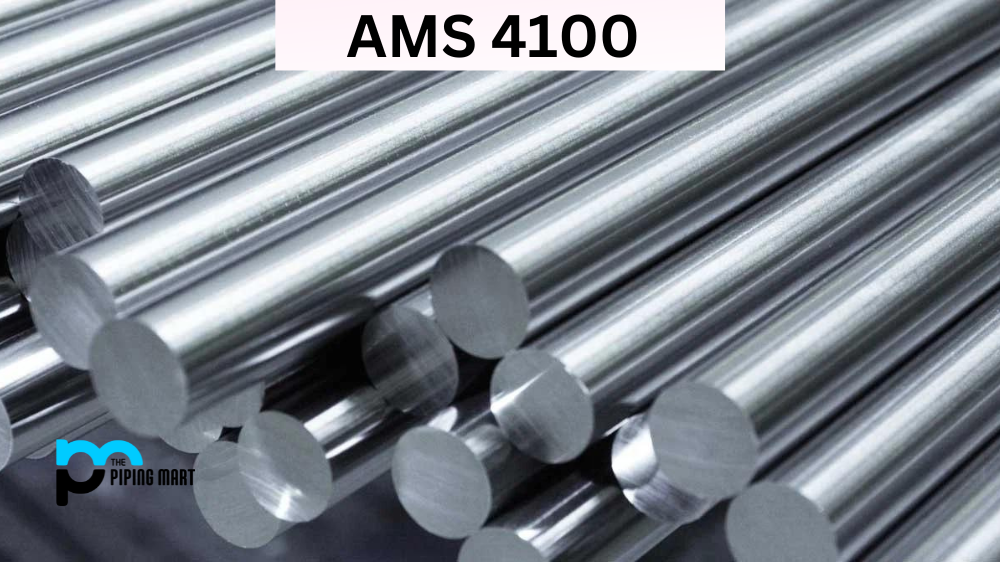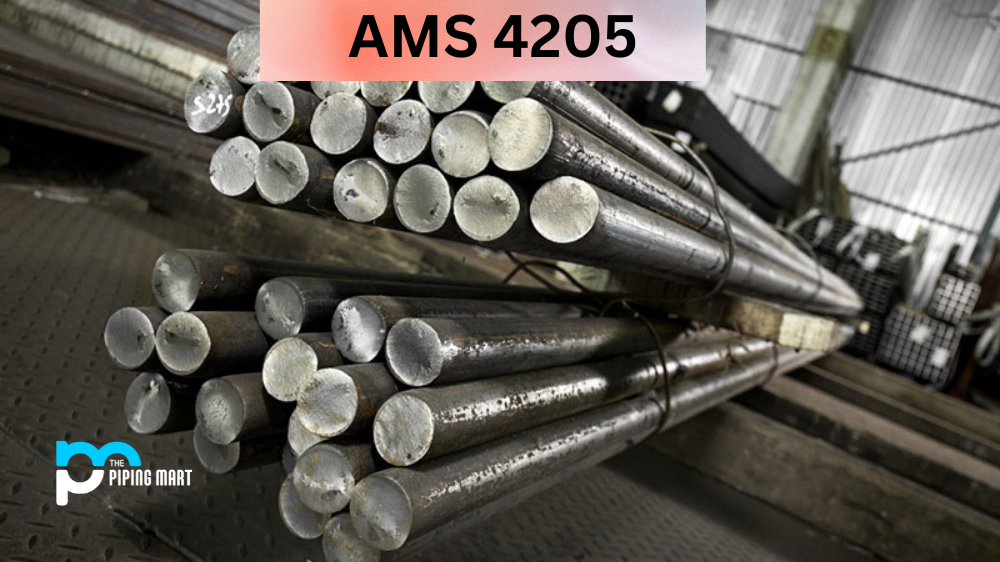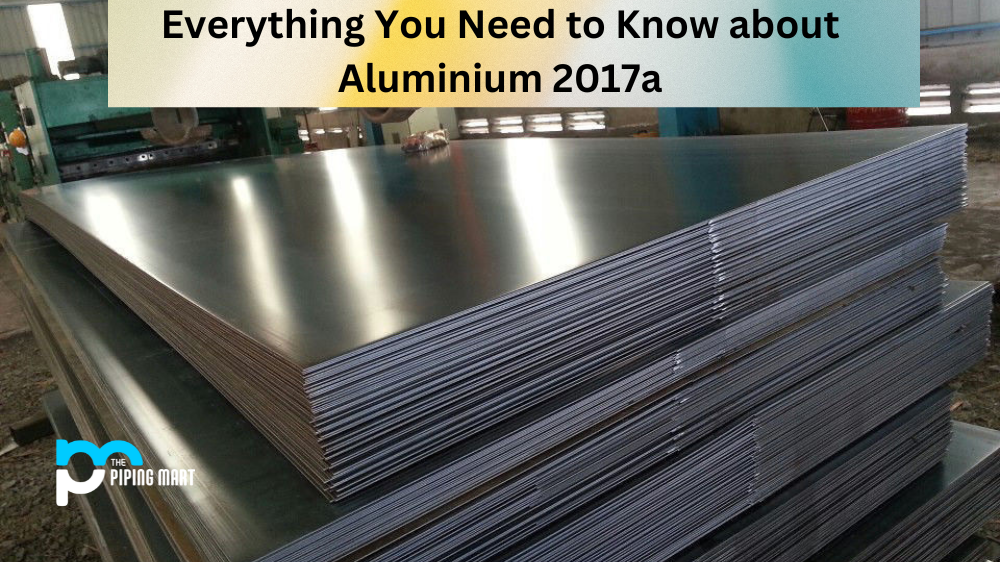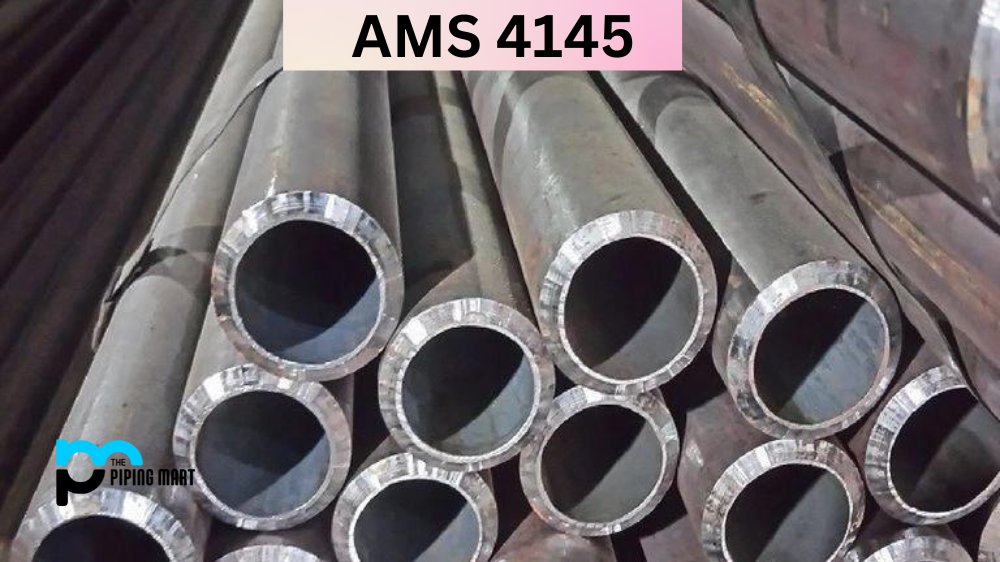If you are involved in the manufacturing industry, especially in the aerospace sector, you might have encountered AMS4100. But what exactly is AMS 4100? AMS 4100 is a specification developed by the Society of Automotive Engineers (SAE) that outlines the requirements for a type of alloy steel used to manufacture critical aircraft and aerospace parts. This blog post will look closely at AMS 4100, its composition, physical and mechanical properties, applications, hardness, and heat treatment.
What is AMS 4100?
AMS 4100 (also known as 7074 Aluminum Alloy) is an important standard for companies involved in the manufacturing of aircraft components. This standard sets forth requirements and procedures for the ultrasonic inspection of aerospace materials, including metals, composites, and adhesive bonds. As an expert in this field, I can attest to the vital role that AMS4100 plays in ensuring the safety and reliability of aircraft. By adhering to these rigorous standards, manufacturers can detect any defects or discontinuities that could compromise the integrity of critical components, preventing catastrophic failures and reducing the risk of accidents. In short, AMS4100 is a cornerstone of quality control in the aerospace industry and a standard that is taken very seriously by those who understand its importance.
AMS 4100 Composition
AMS 4100 is an alloy steel composed of iron, carbon, manganese, nickel, chromium, molybdenum, and vanadium. The primary alloying element is molybdenum, which enhances the steel’s strength, toughness, and hardenability. The composition of AMS 4100 is tightly controlled to ensure that it meets the specified mechanical and physical properties required for aerospace applications.
|
Si |
Fe |
Cu |
Mn |
Mg |
Cr |
Zn |
Ti |
Others-Each |
Others Total |
Al |
|
|---|---|---|---|---|---|---|---|---|---|---|---|
| 7075 |
0.40 |
0.50 |
1.2-2.0 |
0.30 |
2.1-2.9 |
0.18-0.28 |
5.1-6.1 |
0.20 |
0.05 |
0.15 |
Remainder |
AMS 4100 Physical Properties
The physical properties of AMS 4100 include a density of 7.85 g/cm3, a melting point of 1,425°C, and a thermal conductivity of 24 W/(m*K). Its electrical conductivity is 3% that of copper, and its magnetic permeability is slightly less than that of vacuum. These physical properties make AMS 4100 an ideal material for use in extreme aerospace environments.
AMS 4100 Mechanical Properties
AMS 4100 has excellent mechanical properties, including high tensile strength, yield strength, fatigue strength, flexibility, and toughness. The minimum tensile strength of AMS 4100 is 2070 MPa, while the minimum yield strength is 1860 MPa. The fatigue strength of AMS 4100 is also impressive, with a fatigue endurance limit of 1100 MPa.
| Mechanical Properties | Metric | English |
| Ultimate Tensile Strength | 572 MPa | 83000 psi |
| Tensile Yield Strength | 503 MPa | 73000 psi |
| Shear Strength | 331 MPa | 48000 psi |
| Fatigue Strength | 159 MPa | 23000 psi |
| Modulus of Elasticity | 71.7 GPa | 10400 ksi |
| Shear Modulus | 26.9 GPa | 3900 ksi |
AMS 4100 Uses
AMS 4100 manufactures critical aircraft and aerospace parts, including landing gear, engine components, structural members, and fasteners. Due to its excellent mechanical properties and ability to perform in extreme environments, AMS 4100 is often used to produce high-performance aircraft such as fighter jets and commercial airliners.
AMS 4100 Hardness
The hardness of AMS 4100 is usually in the range of 280-320 HB, which is achieved through quench and temper heat treatment. The steel can be readily hardened by heating it to 870-900°C and then quenching it in oil or water. After hardening, the steel is tempered to improve its toughness and reduce its brittleness.
AMS 4100 Heat treatment
Heat treatment is an essential process to achieve the desired mechanical properties of AMS 4100. The steel is heated to a specific temperature, then quenched to achieve the desired hardness. After quenching, the steel is tempered to improve its ductility and toughness. The heat treatment process for AMS 4100 is tightly controlled to ensure that the steel meets the specified requirements and can perform in critical aerospace environments.
Conclusion
In conclusion, AMS 4100 material is a high-performance alloy steel with excellent mechanical and physical properties, making it ideal for aerospace applications. Its composition, which includes molybdenum, allows it to perform in extreme environments, while its hardness and heat treatment processes ensure that it is strong and tough. Suppose you are involved in the aerospace industry. In that case, it’s essential to understand the properties and uses of AMS 4100 to ensure that you are using the right material for critical aerospace parts.





